The recent tragic deaths of at least 25 people in Bihar’s Saran and Siwan districts, caused by the consumption of toxic, spurious liquor, have once again drawn attention to the dire consequences of unregulated alcohol markets. Bihar, which has been under a state-wide alcohol prohibition since 2016, has faced repeated tragedies linked to illegal liquor operations. The deaths highlight the failure of enforcement and the unintended consequences of the state’s prohibition policy, which was originally designed to curb alcohol-related violence and improve public health.
While the intentions behind prohibition were laudable, the tragic events unfolding in Bihar show that the state’s liquor ban is not only failing to prevent illicit trade but also leading way to a thriving black market that has fatal consequences. With 25 lives lost in a matter of days, and many more injured, it is time to critically examine both the effectiveness of prohibition and the state’s response to such tragedies.
In the wake of the Saran and Siwan district tragedies, at least 25 individuals have succumbed to toxic liquor, with many others in critical condition. The majority of the deaths occurred in Siwan, where 20 people lost their lives, while Saran witnessed the death of five more. The liquor consumed by these victims was later found to contain industrial spirits, an extremely dangerous and toxic substance not meant for human consumption.
The involvement of industrial spirits in the production of spurious liquor has raised critical questions about the safety and enforcement of the prohibition laws. Instead of saving lives, the state's liquor ban seems to be pushing desperate individuals towards dangerous and unregulated alternatives, often with fatal outcomes.
Following the deaths, Bihar's law enforcement has responded by arresting 12 individuals suspected of involvement in the illegal liquor trade. Of these, three were arrested in Saran, and nine in Siwan. While the swift response from the police is commendable, it also points to a larger, more troubling issue: the pervasive presence of the ‘liquor mafia’ across the state.
Director General of Police (DGP) Raj acknowledged the widespread nature of the problem, vowing strict action against those involved. However, his comments also highlights the ongoing challenge of controlling such an expansive network. The illegal liquor trade has flourished under prohibition, with authorities often struggling to keep up with the scale of operations and the ingenuity of those working in the black market.
A Special Investigation Team (SIT) has been formed to expedite the inquiry into the tragedy, with local police personnel suspended and under investigation. This step, though necessary, raises further questions about the effectiveness of enforcement and the possible complicity of authorities. The suspension of local police personnel and the investigation into the Station House Officer (SHO) indicate deeper systemic problems in the monitoring and control of the illicit liquor trade.
Bihar's prohibition policy was introduced with the hope of reducing alcohol-related violence, improving public health, and fostering a safer, more responsible society. Yet, the very people this policy was supposed to protect are now falling victim to its unintended consequences.
Prohibition has led to a booming underground market for alcohol, where quality control is nonexistent, and profit is the only goal. Spurious liquor, often made from industrial spirits and other hazardous chemicals, is being sold to unsuspecting consumers at much lower prices than regulated alcohol. Those who consume it are unaware of the deadly risks, as was tragically seen in the recent deaths in Saran and Siwan.
The ease with which illegal alcohol is produced, transported, and sold reflects the extent of the problem. In just 24 hours following the deaths, authorities conducted 250 raids, seizing 1,650 liters of illicit alcohol in the district. Despite these efforts, the sheer volume of illicit liquor in circulation reveals a serious gap in enforcement. This isn’t just a local issue, it’s a statewide epidemic that demands immediate attention.
In response to the recent tragedy, Bihar's Chief Minister Nitish Kumar held a high-level review meeting, directing officials to thoroughly investigate the matter. The Chief Minister’s call for accountability and action is necessary, but it falls short of addressing the systemic flaws that have allowed such incidents to happen repeatedly.
Saran District Magistrate, Aman Samir, made an unusual stipulation for the families of the victims: they must pledge their support for the state's liquor ban in order to receive compensation. While this may seem like a move to further enforce the ban, it risks alienating those who are already suffering. Grieving families should not be coerced into supporting a policy that has directly or indirectly led to the loss of their loved ones. The government must focus on improving enforcement and regulation, rather than making political statements in the aftermath of a tragedy.
Furthermore, the compensation offered (Rs 4 lakh for each affected family) comes with the condition that the post-mortem reports meet certain criteria. This approach feels like an attempt to control the narrative, rather than address the underlying issue. The focus should be on ensuring justice for the victims and preventing future tragedies, not on symbolic gestures that may do little to address the root causes of the problem.
The events in Saran and Siwan are not isolated. Bihar has seen several such incidents since the imposition of prohibition in 2016. Each tragedy brings with it renewed calls for reform, and yet the state government remains committed to a policy that has proven to be deeply flawed. While the intentions behind prohibition were noble, the reality is that it has created more problems than it has solved.
The state must now consider whether prohibition is truly the best way forward. The loss of 25 lives is a heavy price to pay, and it begs the question: is it time to reconsider prohibition in Bihar?
A more pragmatic approach could involve regulating alcohol production and sales in a way that allows for greater control over quality and distribution. By legalizing and regulating the market, the state could reduce the power of the ‘liquor mafia’ and provide safer alternatives for those who choose to consume alcohol. At the same time, public health campaigns and education about the dangers of excessive alcohol consumption could help reduce demand over time, without the devastating consequences seen today.
Bihar's prohibition policy was born out of a desire to protect its citizens, but the tragic deaths of 25 people in Saran and Siwan show that the policy, in its current form, is failing. The rise of spurious liquor, the growing black market, and the systemic failures in enforcement all point to a need for urgent reform.
As the state government investigates this latest tragedy, it must also reflect on the broader implications of its prohibition policy. While the intent behind the ban is commendable, its execution has led to more harm than good. Bihar’s leaders must now consider whether it is time to take a different approach one that prioritizes public health, safety, and the well-being of its people over rigid adherence to a failing policy.
Only through comprehensive reform, better enforcement, and a focus on public education can Bihar hope to prevent future tragedies and protect its citizens from the deadly consequences of spurious liquor.
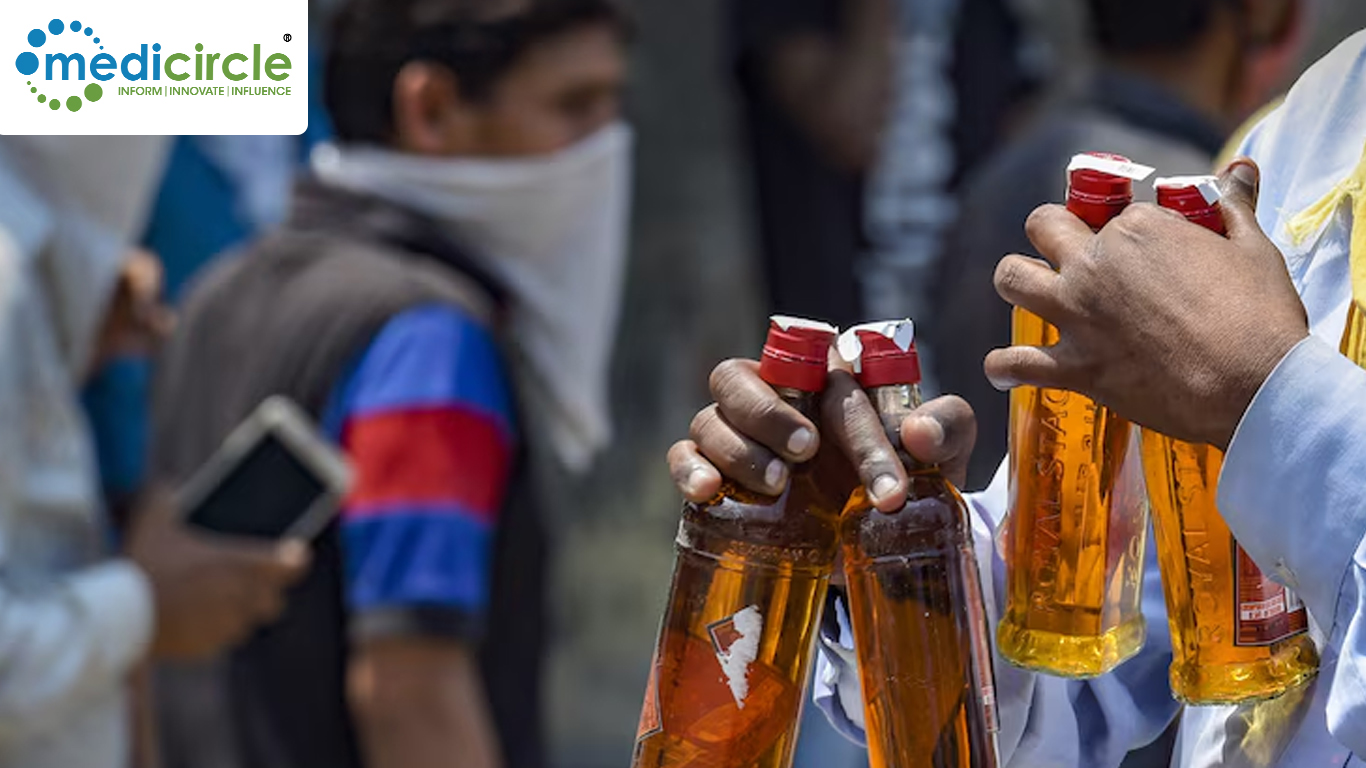
 The rise of spurious liquor, the growing black market, and the systemic failures in enforcement all point to a need for urgent reform.
The rise of spurious liquor, the growing black market, and the systemic failures in enforcement all point to a need for urgent reform. 





.png)
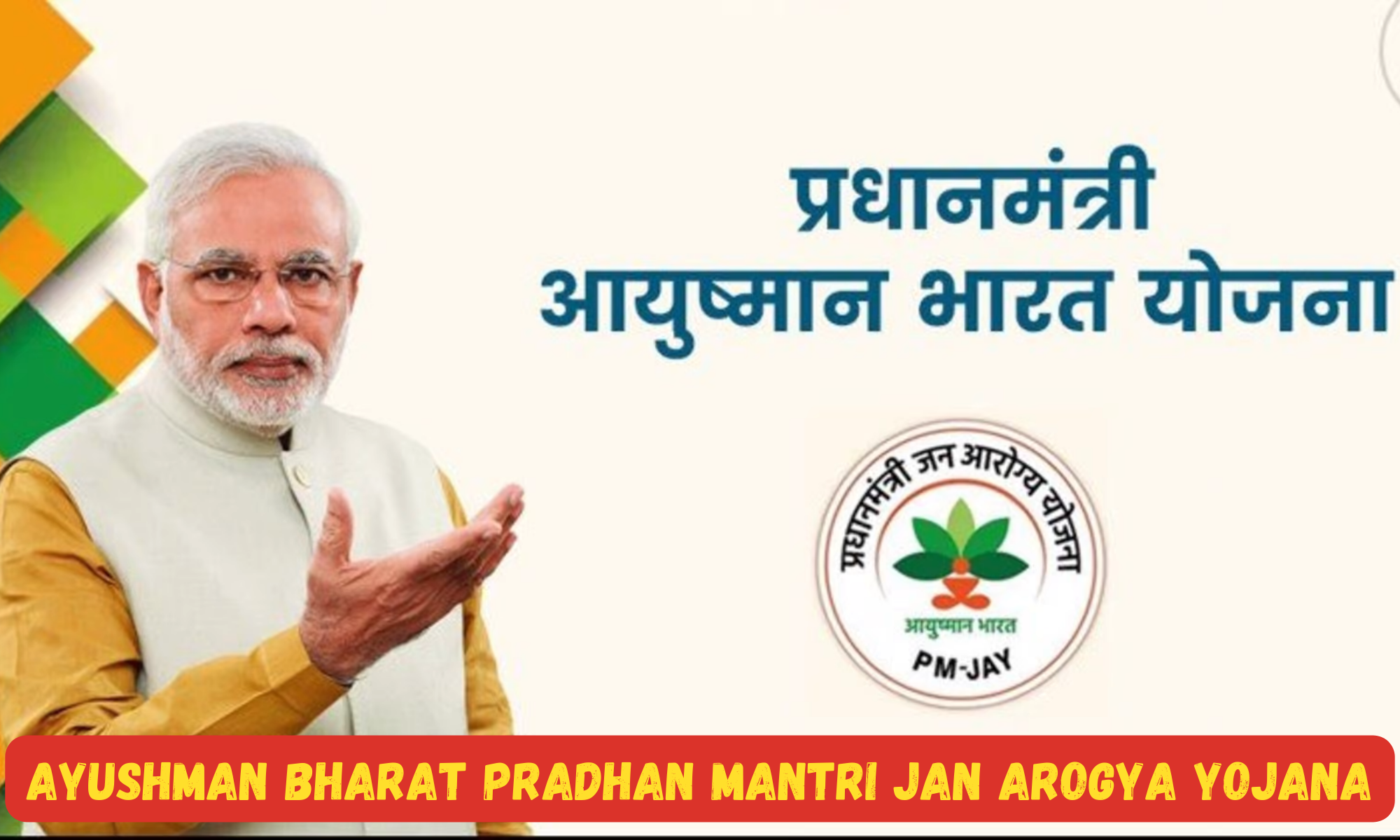

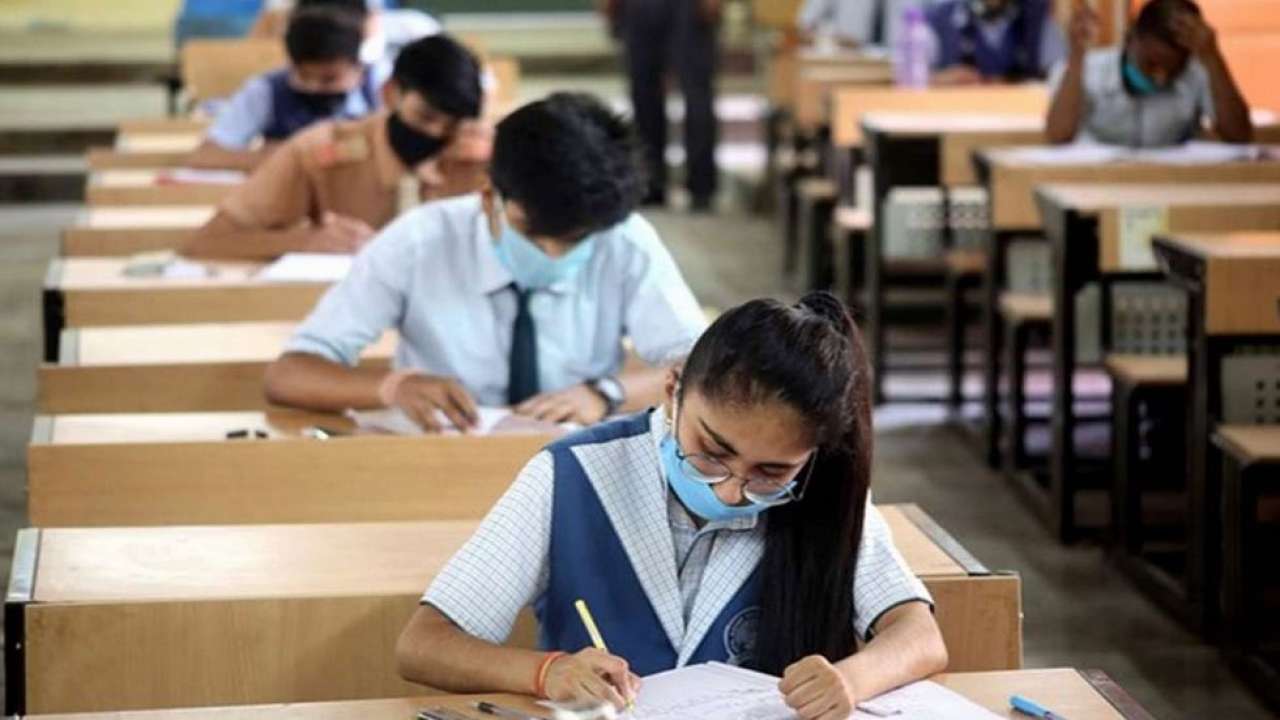
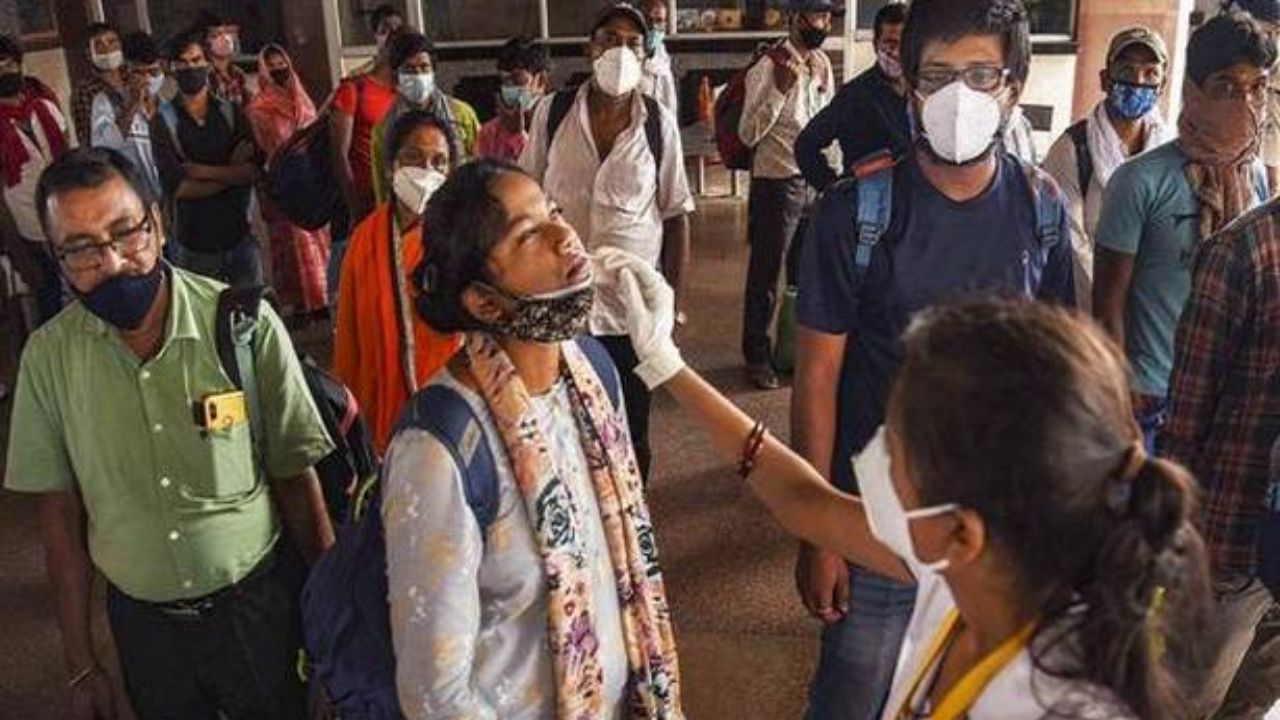
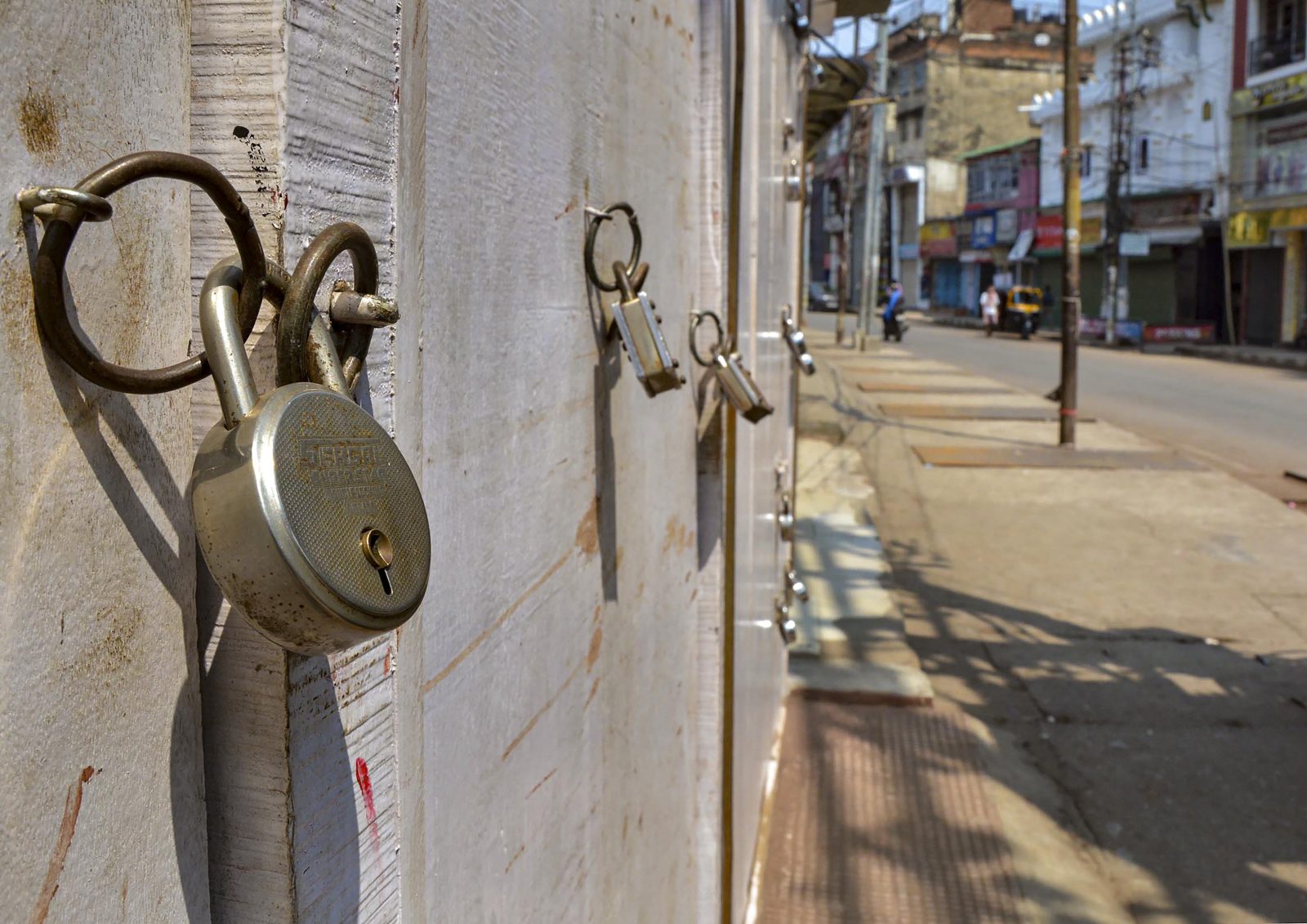
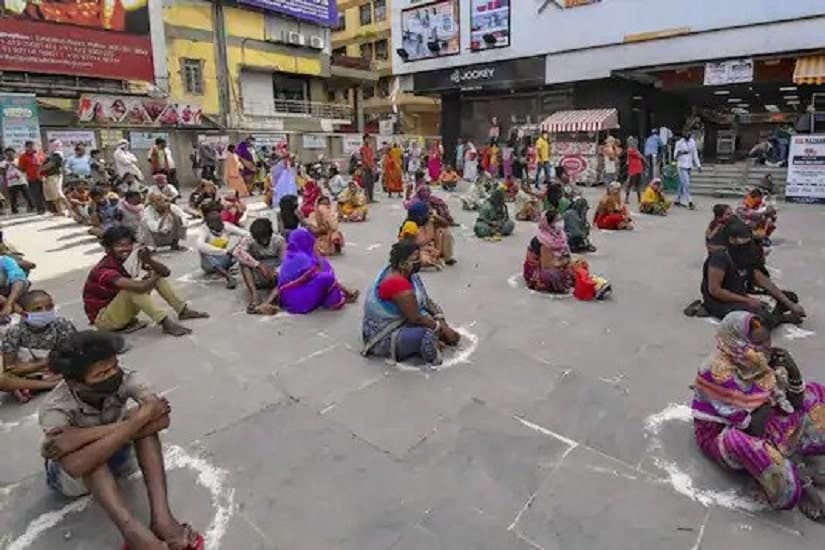







.jpeg)



















.jpg)
.jpeg)